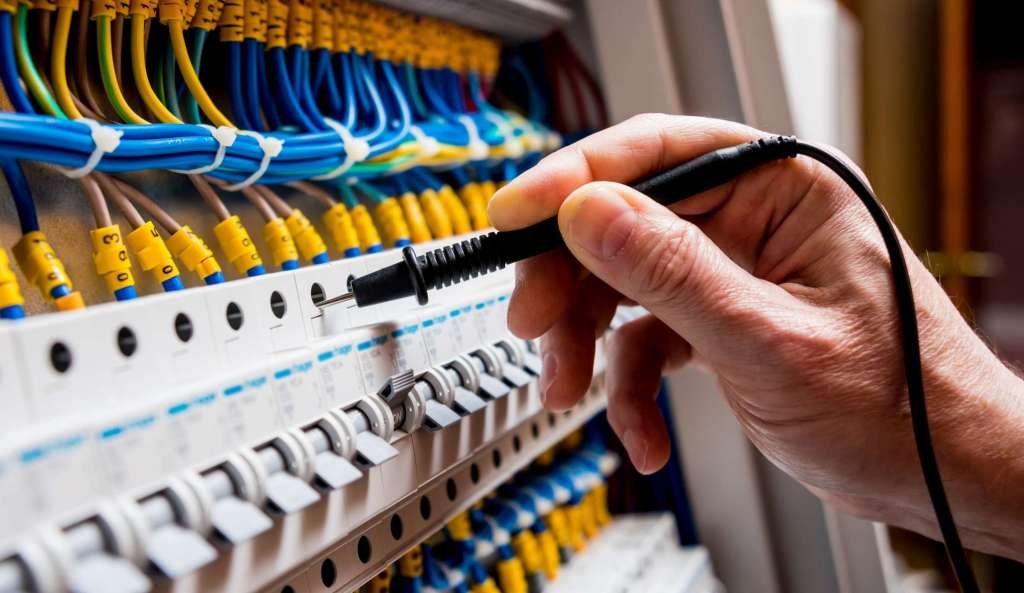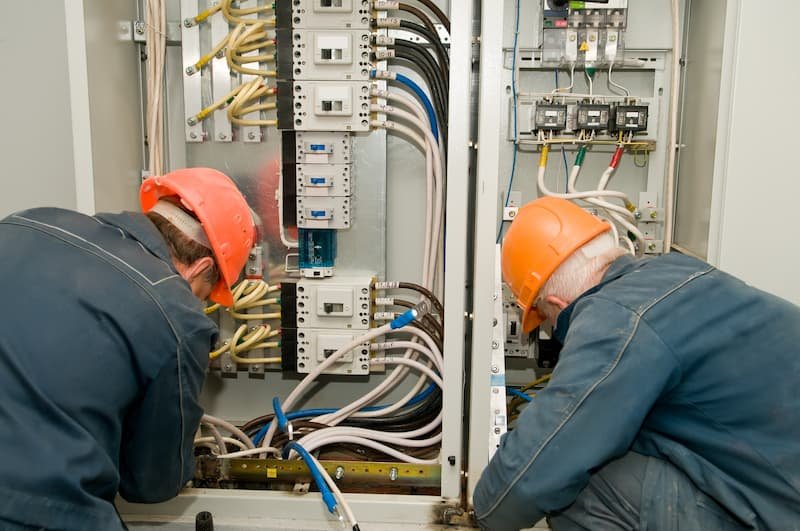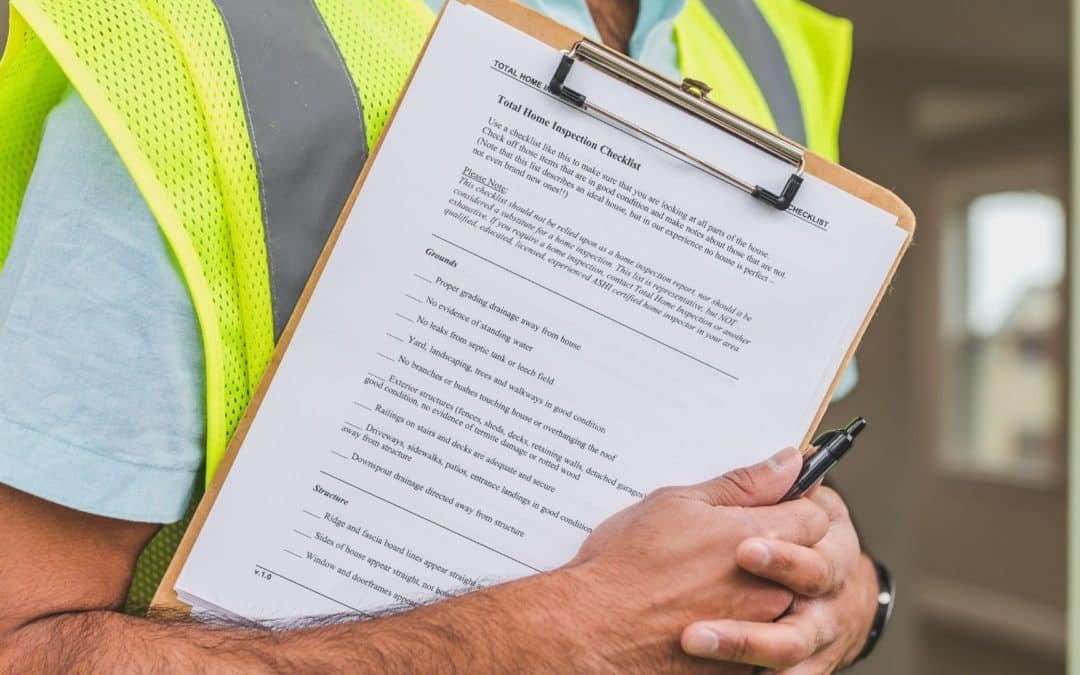When it comes to managing commercial properties, assessing the electrical systems in commercial properties is a crucial task. A well-functioning electrical system is essential for safety, efficiency, and overall property management. This article will outline important considerations and steps to take when evaluating these systems, ensuring you maintain a safe and effective environment for tenants and employees.
Understanding the Basics of Electrical Systems
To begin assessing the electrical systems in commercial properties, it’s important to understand the fundamental components involved. Electrical systems typically include wiring, circuit breakers, outlets, and lighting fixtures. Each of these components plays a vital role in the system’s overall functionality.

1. Check the Wiring Condition
The first step in your assessment should be to inspect the wiring throughout the property. Look for any signs of wear, fraying, or damage. Old wiring can pose a fire hazard and may not be able to handle the current demands of modern equipment. If you notice any issues, it may be necessary to replace the wiring to ensure safety and compliance with local codes.
2. Inspect Circuit Breakers
Next, examine the circuit breakers in the electrical panel. Circuit breakers protect the wiring and devices from overload. Ensure that all breakers are labeled correctly and functioning properly. If you find any breakers that frequently trip or appear damaged, consider having a qualified electrician evaluate the panel. Regularly assessing the circuit breakers can prevent power outages and electrical fires.
3. Evaluate Outlet Functionality
Outlets are critical components of any electrical system. During your assessment, test each outlet to ensure it provides power. Check for any signs of damage, such as burn marks or loose connections. If you identify any non-working outlets or safety hazards, they should be repaired or replaced promptly. Properly assessing outlets helps maintain a safe and functional environment for tenants.
4. Examine Lighting Systems
Proper lighting is essential for safety and productivity in commercial properties. When assessing the electrical systems in commercial properties, pay close attention to the lighting fixtures. Check for burnt-out bulbs, flickering lights, or outdated fixtures. Upgrading to energy-efficient lighting can not only enhance visibility but also reduce energy costs.
5. Look for Grounding Issues
Grounding is a key safety feature in electrical systems. During your assessment, ensure that all outlets and panels are properly grounded. Grounding helps protect against electrical shocks and prevents damage to equipment. If you find any grounding issues, address them immediately to maintain safety standards.
6. Assess Emergency Lighting
Emergency lighting systems are crucial for safety during power outages or emergencies. Check that emergency lights function properly and comply with safety regulations. During your assessment, ensure that backup power sources, like batteries, are tested regularly. Proper emergency lighting can save lives and provide a sense of security for occupants.
7. Review Electrical Load Capacity
Each commercial property has a maximum electrical load it can handle. During your assessment, review the total electrical load to ensure it is within safe limits. Overloading the system can lead to frequent outages or equipment failure. If necessary, consult with an electrician to upgrade the system and accommodate the property’s needs.
8. Conduct Regular Maintenance Checks
Regular maintenance is essential for the longevity of electrical systems. Create a schedule for routine inspections and maintenance checks. These checks should include cleaning and testing components, updating equipment, and addressing any potential issues. By regularly assessing the electrical systems in commercial properties, you can identify problems before they escalate.
9. Stay Updated on Electrical Codes
Understanding and complying with local electrical codes is crucial for any commercial property owner. These codes ensure that electrical systems are safe and reliable. During your assessment, stay informed about any changes in regulations that may affect your property. Adhering to electrical codes not only ensures safety but also avoids potential legal issues.
10. Consult with Professionals
While you can perform many assessments yourself, consulting with a licensed electrician is always a good idea. Professionals can provide insights into potential issues and offer recommendations for improvements. Their expertise is invaluable in ensuring that the electrical systems in commercial properties meet safety standards and operate efficiently.
Conclusion
In conclusion, assessing the electrical systems in commercial properties is a vital aspect of property management. By following these steps, you can identify potential issues and maintain a safe environment for tenants and employees. From inspecting wiring and circuit breakers to reviewing compliance with electrical codes, a thorough assessment ensures that your property remains functional and secure. By prioritizing electrical system evaluations, you protect your investment and enhance the overall safety of your commercial property.




